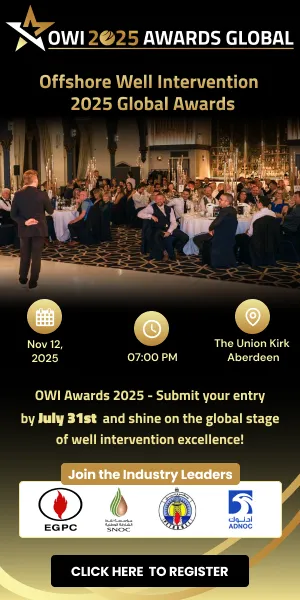THE TRANS SAHARAN Gas Pipeline (TSGP) may feed African gas into the East European (Nabucco) gas line after it has come on stream in 2015.p>THE TRANS SAHARAN Gas Pipeline (TSGP) may feed African gas into the East European (Nabucco) gas line after it has come on stream in 2015.
But now that Eastern European countries are shopping for gas to feed the Nabucco pipeline, running from Baku in Azerbaijan to Vienna in Austria, the planners of Trans Sahara might well take advantage to supply them with African gas.
Algeria, Chad and Nigeria signed an Inter Governmental Agreement on the TSGP about the same time, in June 2009, that six European countries signed a framework agreement to build Nabucco.
The EU-backed Nabucco pipeline is run by a consortium led by the Austrian operator OMV. So, it’s a private-sector-led project, supported by the European commission as a strategic facility. Construction is planned to begin in 2011 and it is estimated to reach full capacity of 1.095 tcf in 2020.
Gas for Nabucco’s first phase is assured; it will come from the Caspian sea deposits of Azerbaijan and there are also short-to-medium term offers from Iraq and Egypt.
But Egyptian reserves are quite small compared with a combination of Nigeria and Algeria and the Nabucco pipeline needs a long term assurance.
Nigeria, with 187 tcf of gas reserves, currently supplies Western Europe with Liquefied Natural Gas. But through Trans Sahara, it is hoping to leverage Algeria’s pipeline infrastructure to supply piped gas into Western Europe.
The distance between Austria and Czech Republic, the westernmost points on the Nabucco pipeline route, and Italy, where Algerian piped gas currently reaches, is at the most 900 km.
The challenge of the African supply is that if Gazprom, the Russian gas behemoth, manages to become one of the private sector partners in the TSGP, the Nabucco consortium may be reading Russia writ large on the TSGP project and that may threaten their willingness to accept gas from that pipeline.
That situation, however, is not clear yet. For one, the three countries involved in TSGP are yet to agree on which foreign companies will build the US$10bn pipeline.
Gazprom, Total and Eni are among many companies that had expressed interest in participating. For another, even if Gazprom makes the partnership, it doesn’t mean it will have so much influence.
The 4,300 km Trans-Saharan Gas Pipeline is expected to transport 700 bcf of gas per year from Nigeria to Algeria en route to the Mediterranean, with the first gas arriving in Europe by 2015.




